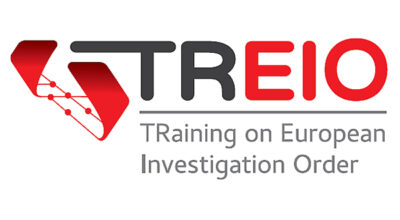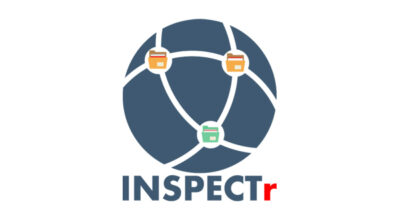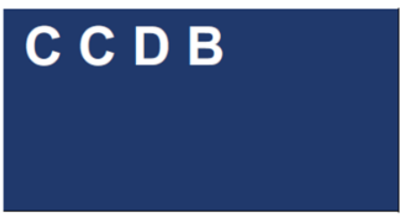e-Justice
Information and communication technologies (ICT) represent one of the main levers of change for judicial systems, promising greater operational efficiency with the online exchange of data and documents among courts, prosecution offices and parties, increasing even the transparency of the procedures. The specific policies of the European Union in the justice field also aim at creating a common area to improve and facilitate access to cross-border judicial procedures for citizens and businesses through ICT.
However, the transition to “digital” justice (e-Justice) without conscious management of the complexity and scale of changes often generated — even now — misalignments between technologies, norms, and organizations that limited its benefits.
Therefore, this study area aims to contribute, on the one hand, to developing ICT infrastructures and solutions for justice, the dematerialization of judicial procedures, the facilitation of interconnections among European information systems, and the definition of agreements on formats and protocols of communication and security. On the other, understanding the processes of technological innovation and their peculiarities in highly formalized systems, such as those of justice, is an indispensable step to support and guide them coherently with the necessary regulatory adjustments and the reorganization of courts and prosecution offices accordingly.

JODES – Judicial Officers Data Exchange System
Project co-funded by the European Union, GA 101138568

EXEC II
The EXEC II project (Electronic Xchange of e-Evidences) is the follow-up project of the previous EXEC and EVIDENCE2-e-CODEX projects.





